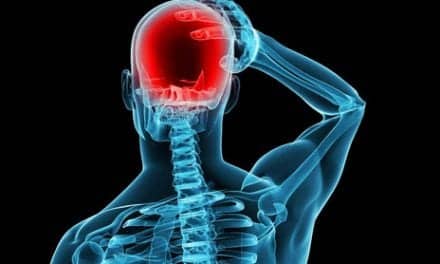New research from the University of Copenhagen suggests that stroke patients may benefit from establishing new routines, which may also help reduce fatigue. A news report from Science Daily notes that people who have suffered a stroke often experience severe fatigue and that dreams of returning to everyday life as it was before the stroke may contribute to the patient’s fatigue. Ethnologist Michael Andersen from the University of Copenhagen interviewed stroke patients, and the interviews were carried out in collaboration with a Danish hospital.
Andersen explains, “For many patients, life after a stroke is therefore about reestablishing life as it was before the stroke. But this is very rarely possible and thus a source of frustration for stroke patients.” The Science Daily news report indicates that when interviewing the patients, Andersen noticed that they no longer related their fatigue to the same actions or objects as they did pre-stroke.
Andersen states, “In our everyday lives we link fatigue with specific objects or actions which we hardly even notice; it can be a bed or making a cup of tea in the evening. After a stroke, many patients feel constantly fatigued without being able to locate it.” Andersen says locating fatigue in other objects and actions than before can be a successful approach when trying to restore an everyday life; specifically, not the same life as before, but a completely new one.
Andersen suggests that stroke patients might learn to cope with their fatigue if, in collaboration with their own doctor, they learned to think of fatigue in relation to specific objects or actions. They could frame the patients’ fatigue so it does not become a phenomenon defining their lives, as indicated on the Science Daily news report.
Source: Science Daily, University of Copenhagen





